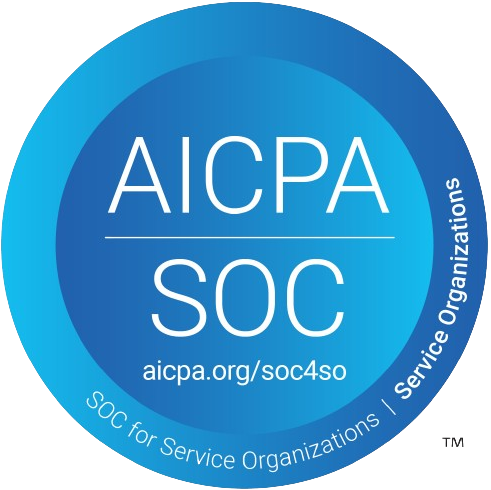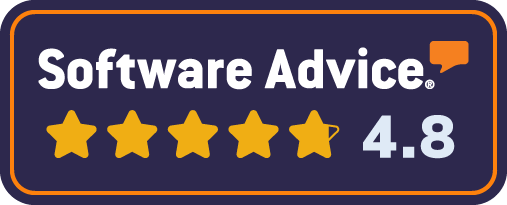Knowledge is power, but only when it’s understood and retained. Knowledge Management (KM) systems have the opportunity to be much more dynamic, prescriptive, and effective by integrating assessment and engagement features. Let’s explore the possibilities.
How Interactive Content Can Enhance KM
- Knowledge Assessment: Incorporating quizzes, assessments, and knowledge checks can provide you with vital insights into employee understanding of key policies, guidelines, product information, regulations, and more. Pinpoint weak areas. Use that data to better inform your content decisions. And surface high performers.
- Real-Time Feedback: Get instant feedback and solicit staff opinions and ideas on your KM artifacts. You can get immediate insights into how your teams feel about the effectiveness of your knowledge content.
- Actionable Insights and Analytics: Understand how users interact with your KM system, identify knowledge gaps, and generate actionable data and insights.
- Personalized Experiences: Use learning data to promote knowledge artifacts that meet the individual needs of your team members, including remediation and intervention content, timely content, skills-based content, and more.
Use Cases for Interactive Content in KM
- Onboarding and Training: Use interactive modules to familiarize new employees with company policies, tools, and workflows while collecting feedback and capturing suggestions.
- Client Support Portals: Equip customer-facing platforms with interactive troubleshooting guides. Engage them with compelling interactions that can gather important customer insights.
- Team Engagement: Integrate game features like leaderboards or contests to tap the competitive spirit and increase engagement with your knowledge content..
- Continuous Learning: Keep employees engaged with microlearning modules that include quizzes, flashcards, and interactive videos. By developing progressive learning opportunities, you can track employee growth and progress, recommend next steps for growth and remediation, and surface related content.
- Knowledge Checks: Assess your team’s knowledge and understanding with a wide variety of question types and integrated media options. Dynamic quizzes that engage learners not only assess overall knowledge and performance, but the data collected will give you data-driven insights to improve your team’s understanding.
- Certification: Create internal assessment-based certifications to improve skills, assess knowledge, recognize growth & development, and increase employee engagement with training content.
Turn knowledge into understanding.
Integrating interactive content into your knowledge management strategy isn’t just keeping up with the times — it’s setting the pace. Don’t settle for a static knowledge warehouse. Create a vibrant, knowledge-powered playground that drives measurable outcomes. By dialing up engagement, assessing knowledge and skills, and mining actionable insights, interactive content can transform KM.







